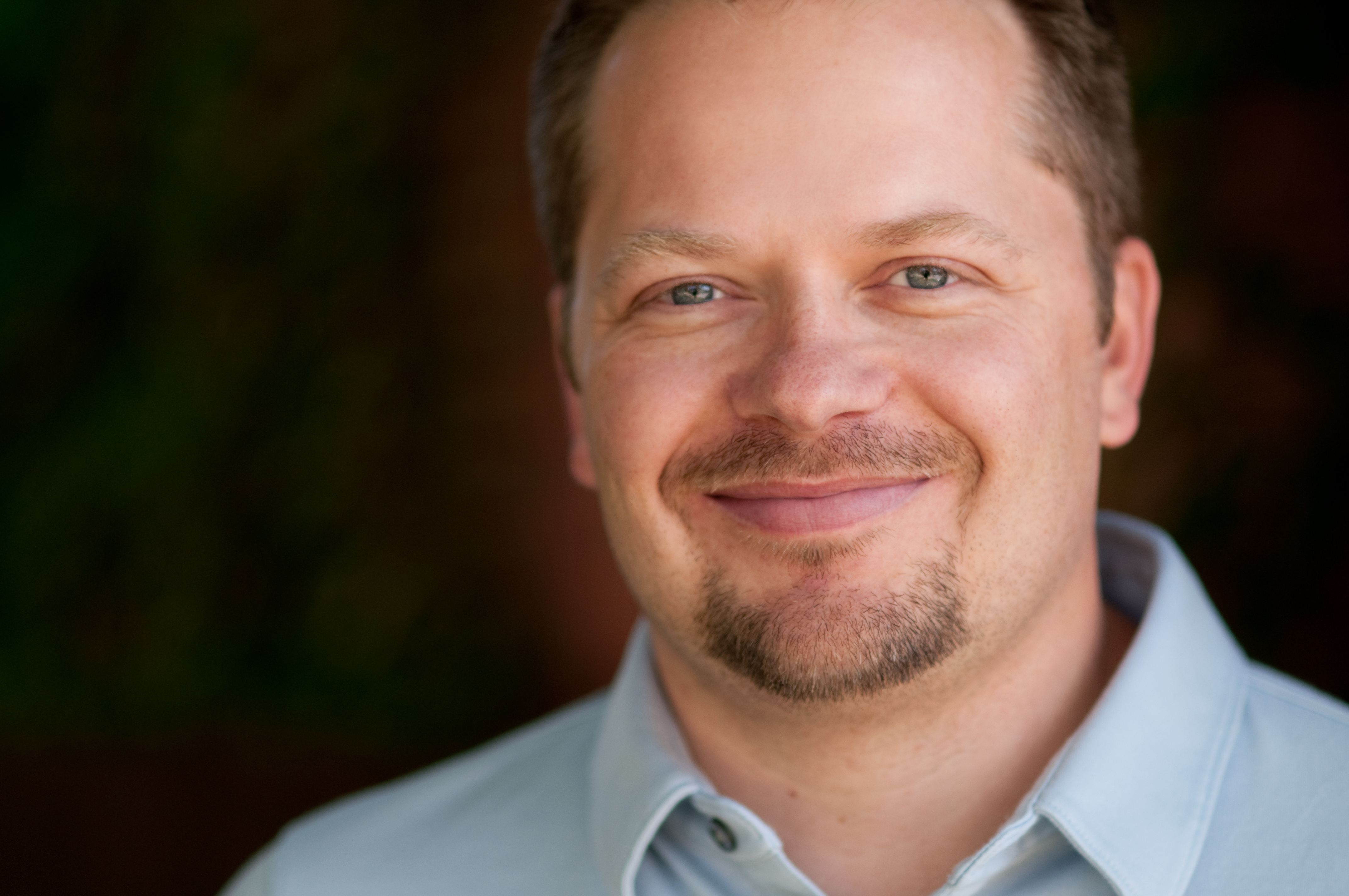I recently wrote a blog called #MeToo in response to the movement where first women, and then men began to publically acknowledge that they were victims of sexual harassment or sexual assault. As of October 24th, it was reported that the hashtag had been tweeted over 1.7 million times in 85 different countries.
What I didn’t go into in that first blog was what prompted this #MeToo movement. It began when actress Alyssa Milano asked people who had experienced sexual harassment or assault to use the #metoo hashtag. This was in response to the rising number of women who were accusing film producer Harvey Weinstein of all sorts of sexual impropriety, ranging from suggestive innuendo to rape. While these are only accusations at this point, and Weinstein has not been convicted of any crimes, there are 79 (and counting) women who have come forward so far. It was only a couple of years ago that the allegations against Bill Cosby surfaced, with over 50 women making accusations. And just last week, actor Kevin Spacey made headlines when he was accused by an actor of propositioning him in 1986 when he was only 14 years old. Since that time, over a dozen other men have come forward to acknowledge that they too had been harassed or assaulted in some way by Spacey over the past 30 years.
The Problem in Hollywood, The Problem at Home
I am guessing that these scandals that are rocking Hollywood are not over. In an entertainment industry that is driven, in large part, by youth, beauty, and sex, where women and men are objectified to make a dollar, is it really a surprise that the powerful people making many of these decisions would actually believe in what they are selling? It seems quite likely that they do. We may see a very different Hollywood emerge over the next few years.
I am glad to see that so many people are coming forward, fighting against shame and silence. I think it is easy to dismiss celebrities (wrongly so) and those in the entertainment industry who we are so removed from personally. It can just become another form of entertainment to watch the fallout from afar. Hollywood is making all the headlines now, but they are hardly the only ones at fault. While we watch the stories that are making the news come out, we should also remember and pray for the men and women who are not newsworthy: those whose jobs may be at risk if they speak up or fight back, those where the abuser is a parent or family member. There is solidarity and comfort to be found in the sheer volume of people who are speaking out. But there is still great risk, especially when you are the only one in your family or work place.
Let’s watch and pray together. Let’s stand up for one another when we see injustice.

Roger Jones
Executive Director
In the spring of 1995, the conflict Roger felt between his faith and his sexuality, as well as an addiction to pornography, led him to WGA. His personal journey has provided him unique insights into sexuality and the pain of adversity, which he shares through his testimony, facilitation of small groups, writing and public speaking.
Roger began working with WGA in October of 1996 as the Assistant office Manager. Since that time, he has worn many hats and served in several different positions, including Assistant Program Director and Operations Director. In April of 2007, Roger assumed the position of Executive Director.
Roger attended West Texas A&M University, where he studied Music Business. Much of his training has been “on the job,” where he was mentored by the ministry’s Founder, Mary Heathman, and the Program Director, Scott Kingry. He holds a BA from West Texas A&M University.
Roger, his wife Jill, and their daughter Julia and son William, attend Celebration Community Church where Jill serves as Associate Pastor.
Make a Difference in Someone's Life
If you enjoy reading WGA’s blogs and would like to show your support, please consider making a donation. Where Grace Abounds is a 501(c)3 non-profit organization. The majority of services, including support groups and discipleship counseling, are provided free of charge. Your financial gifts help to cover the costs associated with offering a free program to those who seek WGA’s services.

